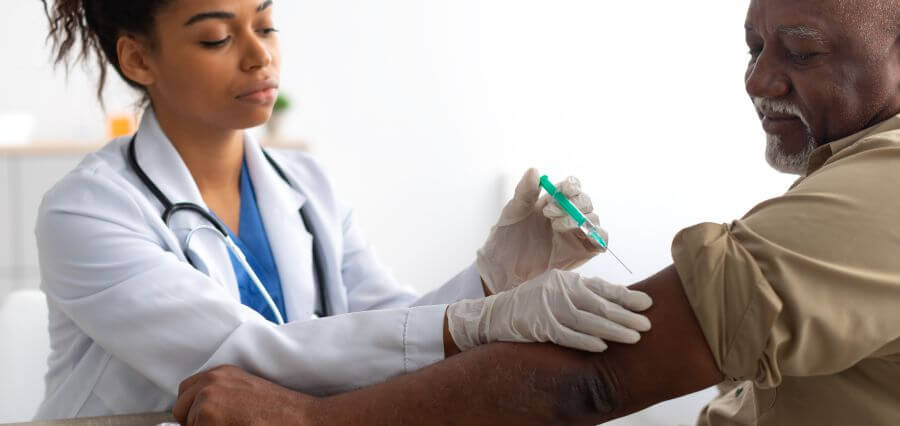Even though 26% of all women worldwide are of reproductive age, or almost half of the population, discussing menstruation and the difficulties it might cause is still frowned upon. Amanda Cassidy discusses pain management and getting help when it comes to her period with a women’s health coach.
“I think the message we’re told as girls is to just put up with things, that it’s just your period,” explains women’s health coach. Lisa De Jong. “But in my case, my pain was so bad that I was fainting in the bathroom. I just had to find another answer.”
De Jong was inspired to look for additional options by her experience with her own cycle and her battle to receive the proper assistance. When it got really terrible, I would visit the doctor, but they could only do so much, so I started reading books and learning about hormones. Then, in 2017, I received training from Red School, a UK-based organization.
I enrolled in the menstrual health coaching course initially. I continued on to complete certification courses in the neurological system and physiology,” she says.
“I realised a lot of my friends were in a similar situation. I was talking to my them about it, and what I’d learnt so I started a workshop in Dublin and it proved very popular.”
The stigma associated with a woman’s menstrual cycle is not a recent issue. Menstrual stigma is sometimes traced back to biblical passages that women are “unclean” during their periods. Throughout the 20th and 21st centuries, discussions surrounding menstruation persisted in perpetuating shame, with TV commercials and educational materials depicting periods as something to be ashamed of or conceal.
“Menstrual health is much more complex that people might imagine”, points out De Jong. “It’s linked to a lot of different parts of us; hormones, the nervous system, our emotional world, our relationships. As well as the stigma and the taboo that’s out there, a lot of women didn’t know how to seek help, or even realise they could. In the medical system as it exists, there are limited options in terms of explaining period pain or general PMS unless it’s linked to certain conditions ”
Read More: Click Here








